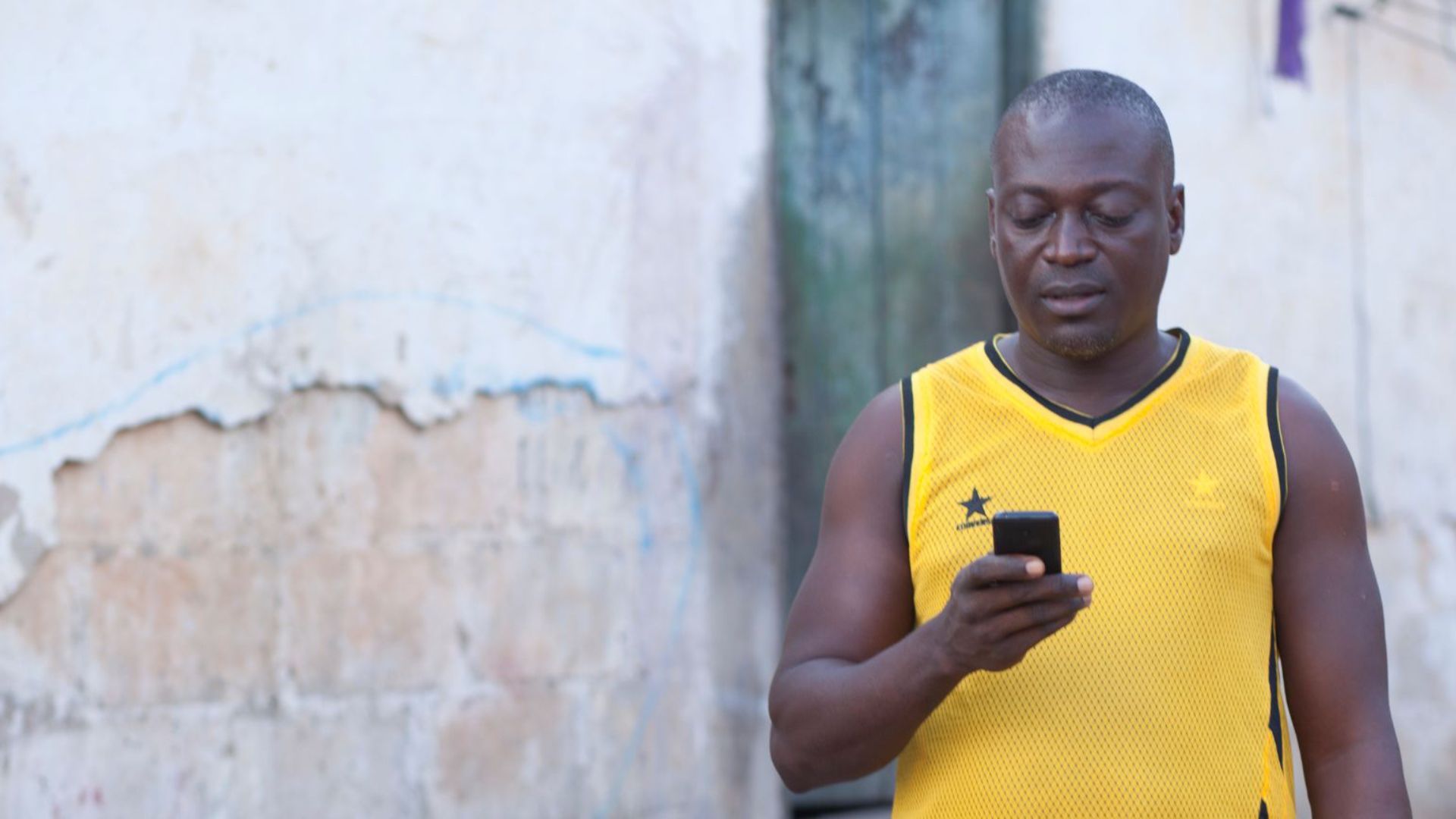Improving flash flood warnings in Ghana

Project Facts
- ClientVIA Water
- LocationAccra, Ghana
- PeriodJanuary 2016–December 2016
- ChallengeImproving Accra’s existing early warning system to mitigate the impacts of flash floods
- SolutionA mobile app that provides push warning messages and up-to-the-minute information
The challenge: mitigating the effects of flash floods
In June 2015, two days of torrential rain caused heavy flooding in Accra, the capital of Ghana. As a result, many communities were displaced, property was destroyed, and over 200 people lost their lives. The Ghana Red Cross Society announced that over 46,000 people were affected.
With climate change and growing urbanisation, flash floods are more frequent and have increasing impact. But weather forecasts are often too general to predict local flash floods, meaning it’s difficult to mitigate their effects.
To help prevent a similar disaster and improve preparedness, the city needed to update and overhaul its existing early warning system.
The solution: up-to-the-minute flash flood warnings
Royal HaskoningDHV was chosen to design and develop a flash flood forecasting app for Accra – and communicate a business case to an external advisory board.
We based the flood forecasting app on rainstorm and hydrological models that we developed in the Netherlands.
For example, using a meteorological satellite we can generate rainfall images with a resolution of 3 km. And with state-of-the-art research from the Delft University of Technology and the Royal Netherlands Meteorological Institute, the accuracy is improved considerably.
We can also gather data from local radar stations and rain gauges, and use an innovative 3Di model to translate that data into a spatial map of water depth. As a result, it’s possible to predict rainfall three hours ahead and forecast the resultant water levels.
Using these insights, the app delivers push notifications and up-to-the-minute information about rising threats on a street-by-street basis.
We worked with Infoplaza, the leading company in the Netherlands for weather and warning applications, and local NADMO staff to tailor the app to the needs of Accra’s citizens. Most Ghanaians have a mobile phone, so it’s a solution that connects directly with the local population.
“Besides structural measures, we need innovative early warning systems that empower authorities, but also industries and inhabitants, to become more proactive and reduce damage and casualties,” said a water expert at Royal HaskoningDHV. “This is a generic application and more cities across the world are interested in its implementation.”
The result: increased disaster preparedness
With the app, citizens, government bodies, aid organisations, and industries have access to accurate and up-to-date information about rising threats.
Phone alerts now inform each of these groups directly in advance of floods, providing a better chance to limit causalities and any damage to properties, communities, and the economy.
As flash floods become more frequent, the emergency notification system will enable Accra to be more prepared for potential disasters, and to better mitigate the effects of climate-related flooding.
Want to know moreor got a question?
Contact our Climate Resilience experts!

